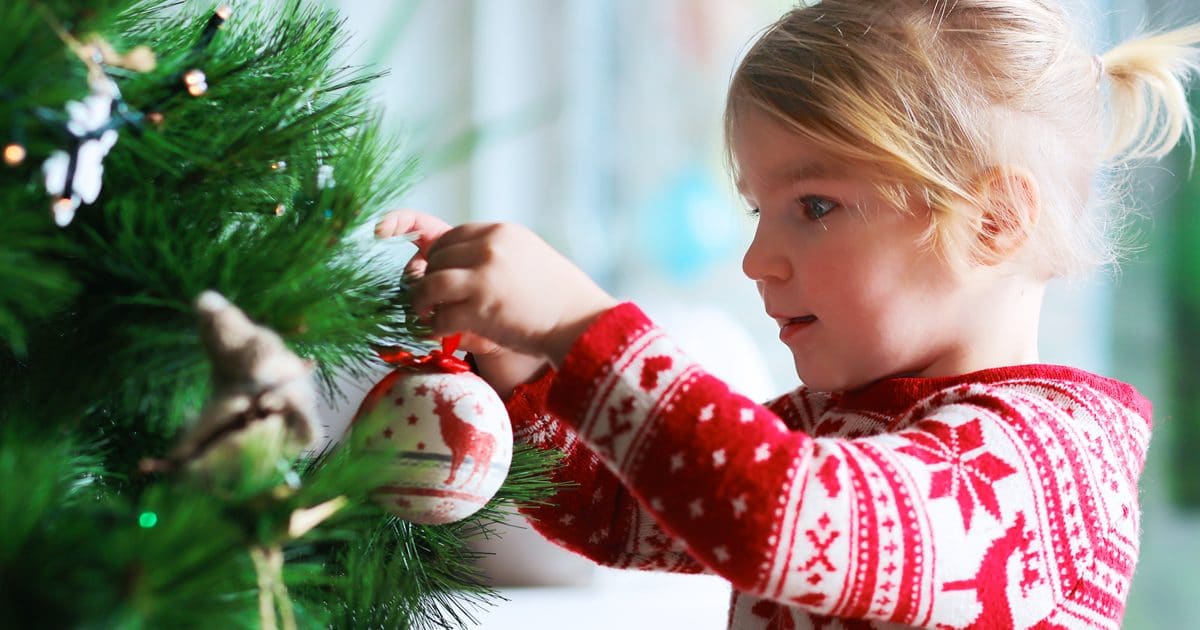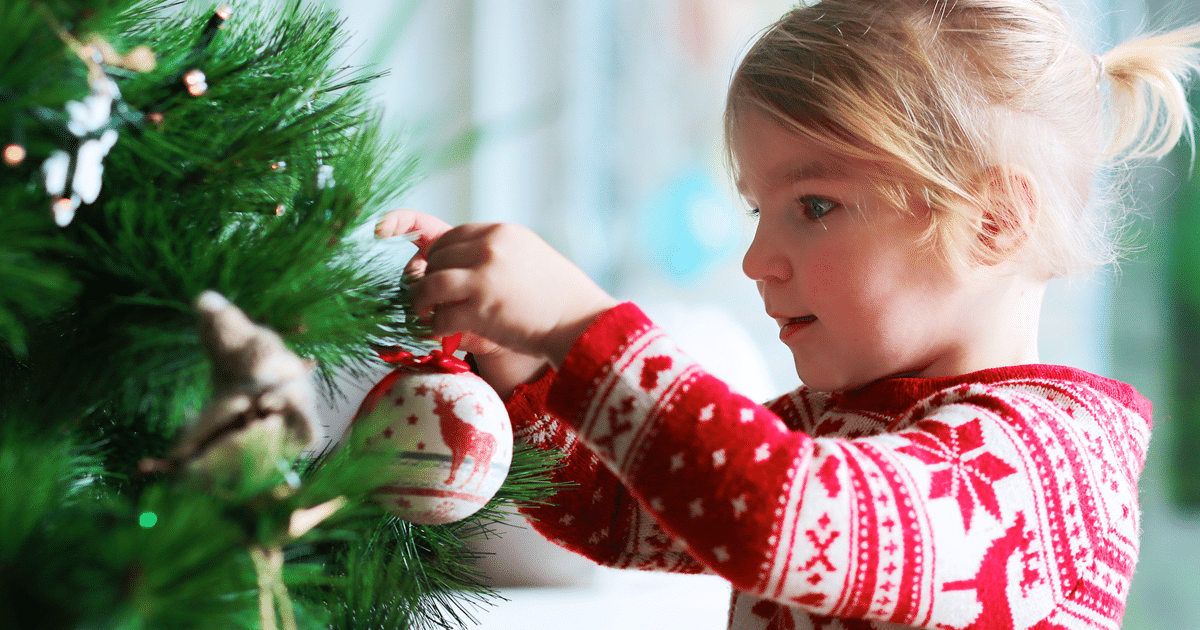It’s the most wonderful time of the year… and possibly the most stressful. Here are some things to keep in mind while you’re managing the holidays and kids with ADHD.
1. Here’s a biggie to start… There is no real evidence to indicate a link between ADHD and sugar. There are personal accounts of a connection, but so far no solid scientific study to back it up. Best advice? Use your best judgment. You know your child best. There are other reasons you might want to consider limiting your child’s sugar intake of course like basic health and well being.
2. While there is no definitive scientific link between sugar and hyperactivity – there is some evidence of one between food dyes and an increase in ADHD symptoms. That being the case, keep in mind that most candies – candy-canes included – contain artificial dyes and it might be a good idea to limit their intake. Some children seem to be very sensitive to these effects and some not at all. You know them best so go by your past experiences to do what’s right for YOUR child!
3. Get moving! Instead of staying cooped up inside with family or video games, send them outside to build a snowman, go skating, shovel the driveway! Kids – and grown-ups too – can’t help but get a little shack whacky as Aunt Agatha tells them (like she does every year) about the time she spent Christmas 1958 snowed-in and how all the kids behaved back then. There’s nothing like a good snowball fight to blow off some steam and get kids moving in a healthy way! This will help them be a part of adult conversations when it really counts.
4. This may be a hard one – Sleep! Kids have to stay up for Santa it is a tradition after all – but get them to do it while they are warm and cozy and tucked up in their beds, nodding off after a big glass of warm milk. OK – we did say it wouldn’t be easy but lack of sleep can cause a spike in ADHD symptoms, and, if they are a problem, tics. Keep them on schedule as much as you can.
5. Keep the flashing lights and loud noises to a minimum. Some kids are sensitive to flashing lights and loud noises. Keeping them stimulated but not overly stimulated will help them regulate their own symptoms. That sense of self-control is actually a pretty powerful gift.
6. Have a plan and stick to it! Avoid last minute shopping trips with the kids and do your shopping earlier in the season. Crowded malls and crazy traffic are hard enough on your nerves. To kids with ADHD, being overly stimulated is guaranteed to cause some serious meltdowns.7. Remember, a plan for the holidays only works when it’s shared with those involved. Here’s suggestion: create a visual schedule for each day of the season. Having a pictorial guide to the who, what, where and when will help with moving through transitions. It could be like a traditional advent calendar or a story book. Each morning, before you get things really rolling for the day, you and your child can take a minute to review what the “Plan” is for the day so there are no surprises. Bonus tip: Get your child to help choose the pictures and put them together – there’s nothing like paper and glue to kick off the festive season!8. All that being said keep in mind that you can’t plan for every eventuality. Odds are, no matter how much you try to avoid it, a meltdown is going to happen. Admit it – even you can feel overwhelmed with all the coming and going and maybe, just maybe, if you are honest you’ve been tempted to lock yourself in the bathroom until February. Same thing goes for your kids, ADHD or not. When a meltdown happens you can’t expect a quick fix or a Christmas miracle. When it comes to effective and practical problem-solving strategies, Drs. Almagor and Pearce highly recommend Trina Epstein and Ross Greene’s book “The Adventures of Stretch More: Pick-Your-Path Stories for Solving Problems Together”. You might also want to explore Dr. Greene’s website – Lives in the Balance
9. Don’t think “It goes without saying” and that kids should know how we expect them to behave. Make sure to tell your kids what your expectations are, what they can do to make sure they stay on Santa’s good side. That means showing them and practicing things like – how to greet guests properly, how to say thank for gifts and how to “play nicely” with other children. Reviewing past behaviour in a constructive way might be helpful. For instance, if they had a fight with for instance their cousin last year, go over what happened and role play how it could go better this year. Make sure to practice these skills before the holidays and make it a fun exercise!
10. When it comes to gifts, we suggest giving presents that help develop a child’s abilities. If a child loves to paint – maybe an easel and book about drawing. If they love superheroes, for example, get a drawing book that has superheroes to make the gift look more fun and Discussing bookless ‘educational.’ If video games are more their thing, how about 2 weeks at a computer camp where they can learn to make them and not just play them?
11. Don’t forget – some of the best gifts can’t be unwrapped. They’re the ones that leave your kids feeling good about themselves and confident about what they can achieve. Make sure to praise them for their good behaviour, pat them on the back for doing something nice for someone else, pin one of their paintings up on the wall where it can be admired and listen when they want to share a story about their day. Making them feel special, even for a moment during the crazy, hectic holidays, is a gift that really does keep on giving. When giving praise to children it’s always best to be specific in what you say. Don’t just say “You were a wonderful boy.” Instead say: “You played really well with sister and cousin. You guys made beautiful drawings that made the dining room look wonderful and you made them feel very welcome.”
12. And last but not least… HAVE FUN!!… accept that not everything is going to go off without a hitch and leave the “perfect” holidays on movie screens where they belong. You’ll be less stressed, they’ll laugh more and everyone will have a happy holiday. Don’t make the holidays a ‘make it or break’ time. Instead, treat them as just another opportunity to learn, practice better behaviours, improve your relationships, and have fun.












